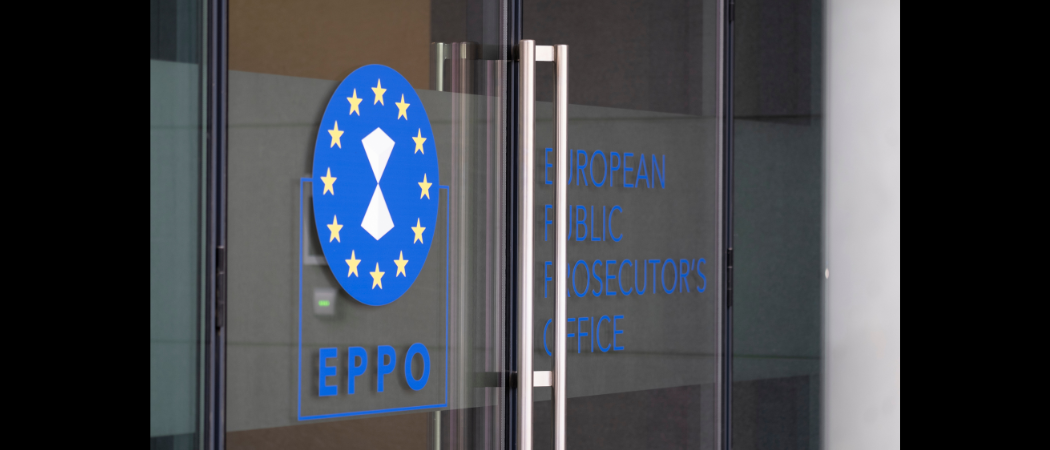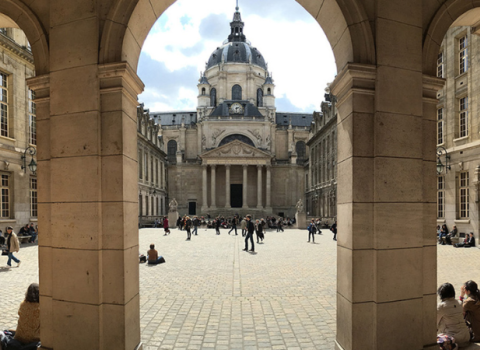The dean of the geodesy faculty and a fellow professor are accused of stealing from projects funded through the European Regional Development Fund and the EU Solidarity Fund

The European Public Prosecutor’s Office is investigating the large fraud case linked to the University of Zagreb's geodesy faculty. Photo: European Public Prosecutor’s Office
A dean of faculty at the University of Zagreb has been arrested on suspicion of subsidy and procurement fraud worth over €2 million, including €1.7 million in EU funds.
The dean of the geodesy faculty was arrested today alongside a fellow professor and 27 other people connected to the suspected fraudulent activity. The European Public Prosecutor’s Office (EPPO), which requested the arrests, has launched an investigation.
The accusations, outlined by the EPPO, are primarily linked to manipulating procurement procedures managed by the faculty to benefit specifically chosen companies. The companies would then pay the dean and professor back for the favour, either in money or by paying for work to be carried out at their private properties.
The dean and professor, not named by the EPPO, have also been accused of using defrauded funds to buy a boat worth just under €600,000, with is now being leased for tourists, as well as two vehicles, one for the professor and the other for another faculty employee.
Further to this, the pair are also being investigated for submitting false travel expenses and daily allowances for themselves and eleven other members on research projects on a total of 317 separate occasions.
The arrests come after the EPPO carried out extensive searches of the University of Zagreb in June this year.
The University of Zagreb has not replied to a request for comment.
Four years of fraud
Between October 2019 and November 2023, the dean and professor were in charge of the public procurement procedures for four projects worth a total of €5.98 million, 85% of which came from EU funds.
The projects were on natural disaster risk assessment, a study on climate change, sustainable development of maritime ecosystems and a survey of cultural heritage buildings that were damaged during an earthquake, EPPO said.
The source of the money is from the European Regional Development Fund (ERDF), designed to bring up underdeveloped regions through investment, and the EU Solidarity Fund, in place to respond to needs caused by natural disasters, a spokeswoman for EPPO confirmed to Science|Business. The ERDF is commonly used by member states to improve their R&I ecosystems.
“According to the investigation, the main suspects obtained the funds by manipulating 28 procurement procedures so that specific companies – small businesses and law firms – were selected,” an EPPO press release says.
“In exchange for selecting those companies, a portion of the distributed funding was returned to the main suspects – either personally, or by paying for works performed on the private properties of the main suspects.”
Other suspects being investigated are accused of helping to corrupt the procurement processes by submitting invalid or more expensive bids, making it easier for the dean and professor to justify selecting their preferred companies.





 A unique international forum for public research organisations and companies to connect their external engagement with strategic interests around their R&D system.
A unique international forum for public research organisations and companies to connect their external engagement with strategic interests around their R&D system.